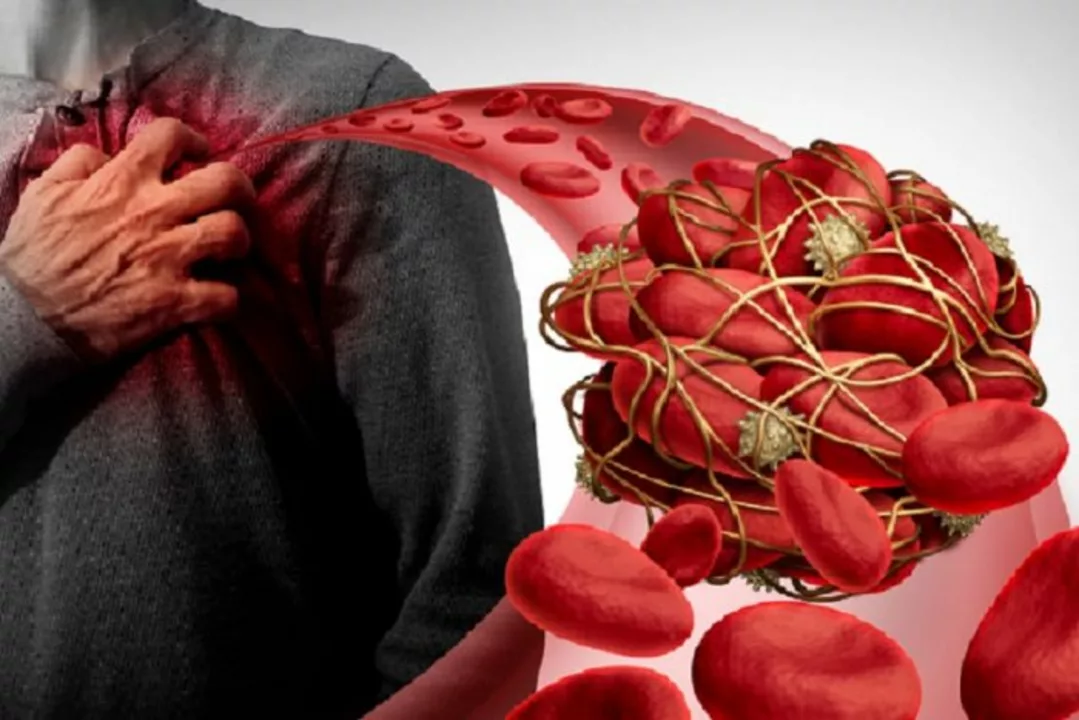Relationship: How Medications, Risks, and People Interact
When you hear “relationship” on a pharma site, think of connections: how one drug affects another, how a medication links to a condition, and how you should relate to your pharmacy or prescriber. These relationships decide whether a treatment helps or causes trouble. Below are clear, practical steps to understand and manage those links.
Drug–Drug and Drug–Condition Relationships
Some drugs amplify each other; others cancel effects or cause harm. For example, benzodiazepines like diazepam can interact dangerously with other sedatives or alcohol. Certain cancer or blood drugs may suppress bone marrow (Hydrea is one you should watch closely). Always check for interactions before adding a new prescription or supplement.
Fast checks you can do now: use an online interaction checker, read the medication leaflet for major warnings, and tell your doctor about every supplement and OTC drug you take. If a new side effect appears—severe rash, unusual bleeding, or extreme fatigue—stop and call your healthcare provider. Those are often signs a relationship between drugs or a drug and your body isn’t safe.
Trust and Communication: Your Relationship with Pharmacies and Prescribers
Buying meds online can be convenient, but the trust relationship matters. Before ordering, verify the pharmacy is licensed and read real reviews. Articles on this site compare online stores and highlight red flags—fake prescriptions, unclear contact info, or prices that seem too good to be true.
Communicate clearly with the pharmacist: give a full list of medications, ask if new meds interact with existing ones, and request a printout of possible side effects. If a pharmacy resists answering or asks for odd payment methods, walk away. Good pharmacies will explain risks, legal requirements, and shipping timelines without pressure.
Practical rules that help every day: keep an up-to-date medicine list in your phone, include doses and timing, and share it at every visit. Use the same pharmacy when possible so they can track interactions across refills. If changing providers or moving, bring your list and recent prescriptions with you.
Want specific reads? Our site has guides on tretinoin and how to buy it safely, tips for ordering diazepam legally, side-effect warnings for Hydrea, and comparisons of online pharmacies. Those articles show real examples of relationships that go right and ones that go wrong—use them to learn what to avoid.
Relationships in medicine are not just clinical—they’re practical. Know the links between your drugs, keep communication open with professionals, and double-check online sellers. Do that and you keep your treatment working and your risks low.

The relationship between blood clots in stents and heart attacks
In a recent study, I came across the relationship between blood clots in stents and heart attacks. It turns out that blood clots formed in stents, which are small mesh tubes used to treat narrow or weak arteries, can lead to heart attacks. This happens when the clot blocks the blood flow in the artery, depriving the heart muscle of oxygen and causing damage. To prevent this, doctors often prescribe blood-thinning medications after stent placement. It's essential for patients with stents to closely follow their doctor's recommendations and attend regular check-ups to minimize the risk of heart attacks.
Read More




